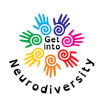SECONDARY
Accredited Training in Specific Learning Difficulties and Neurodiversity
- Liz Dunoon and Jillian Zocher
- English
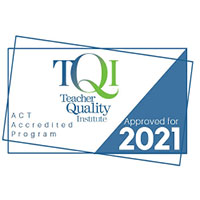
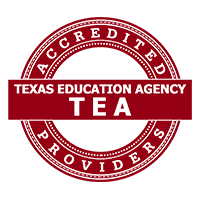
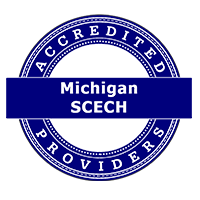


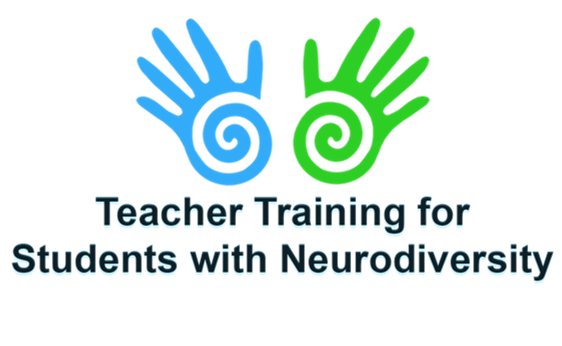
Course Overview
Written by international experts and authors within the field of Specific Learning Difficulties, this course helps you gain a deeper understanding of Neurodiversity and the most commonly occurring Specific Learning Difficulties such as Dyslexia, Dysgraphia, Dyspraxia, Dyscalculia, ADHD, Autism, Specific Language Impairment, Working Memory, Anxiety and Trauma and more…… The highly popular 4.5 hour accredited course introduces you to a complete toolkit allowing you to profile struggling learners in Secondary/High School.
YOU WILL…
- Understand what neurodiversity is.
- Understand how different SpLDs overlap.
- Learn how to profile neurodiverse students.
- Know which classroom strategies benefit which students.
YOU WILL BE ABLE TO…
- Create a unique learner profile for your students.
- Talk to students, parents and learning support specialists with confidence.
- Refer students to specific learning difficulties specialists.
- Offer multiple classroom strategies to empower every student in your class.
YOU WILL GET…
- 8 x 30min (approx) online, on-demand highly engaging videos
- Key recommendations to support every student
- Multiple samples of student profiles and IEPs.
- An interactive Specific Learning Difficulties Manual with web links to further support.
- The ability to understand the link between the latest research and best practice.
- Tools to help identify and build SpLD profiles
- Checklists to identify SpLD’s and neurodiversity in digital and hardcopy formats
- Strengths profiling tools
- Access to informative resources on neurodiversity and SpLDs Including:
- A Manual on Specific Learning Difficulties
- A Learning Difficulties Dictionary
- An IT Manual
- Sample Student Profiles, IEPs
- 3 infographic posters
- 1. Neurodiversity strengths, use your strengths to choose your career path
- 2. School learning difficulties, indicate a student’s areas of strengths and weakness
- 3. Indicators of learning difficulties, with appropriate support our students can shine
- Teacher/Parent interview scaffolds
- Knowledge and skills to help your team meet the learning needs of every student.
- 100’s of links to further resources and support.
- A professionally accredited certificate of completion for your resume or professional folio.
- Access to future Core 2 and 3 training in SpLD’s and Neurodiversity.
- And so much more…
The highly popular 4.5 hour accredited course introduces you to a complete toolkit to profile struggling learners in Secondary/High School.
Summary
 This session encourages us to look beyond our initial impression of a struggling learner and develop a full understanding of their specific learning difficulties and learning needs based on detailed observations.
This session encourages us to look beyond our initial impression of a struggling learner and develop a full understanding of their specific learning difficulties and learning needs based on detailed observations.
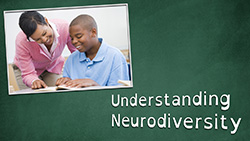
Summary
In this session we take a closer look at the terms Neurodiversity and Neurotypical and introduce you to our sample student, Sebastian to show you how to use the checklist to determine a learning profile based on a student’s specific learning difficulties.
Summary
The first of these sessions delves into four strategies to support a struggling learner who may have specific learning difficulties: Boosting Self Esteem, Understanding Challenging Behaviour, Motivation and Teaching Metacognition.
Summary
More support strategies are addressed in this session to support a struggling learner who may have specific learning difficulties: Using Positive Language, Multi-sensory Techniques, Giving One Instruction at a Time, Making Text Reader Friendly, Allowing Think Time and Reducing Memory Load.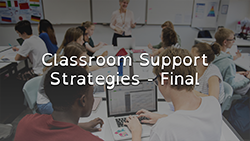
Summary
This final session of classroom support strategies to support a struggling learner who may have a specific learning difficulties includes: Keeping your Language Simple, Encouraging Alternatives to Handwriting, Supporting Gross Motor Skills, Teaching Organisational Skills, Supporting Academic Development, Using Assistive Technology, Teaching Reading and Proof Reading Techniques, Teaching Study Skills and Exam Techniques, Exam Access Arrangements and Having High Expectations.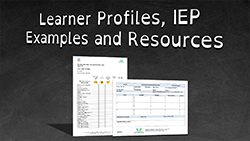
Summary
This session includes examples of learner profiles enabling you to understand what Neurodiversity is and the most commonly occurring Specific Learning Difficulties such as Dyslexia, Dysgraphia, Dyspraxia, Dyscalculia, ADHD, Autism, Developmental Language Disorder, Working Memory, Anxiety and Trauma. It includes IEP’s, student profile samples and case studies to assist you in supporting your struggling learners.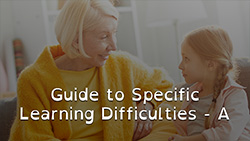
Summary
The Specific Learning Difficulties Guide offers deeper insight into the most common cooccurrence difficulties including: Dyslexia, Dysgraphia, Dyspraxia, Dyscalculia, Developmental Language Disorder and Working Memory.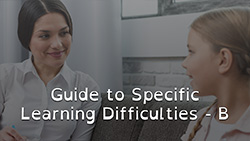
Summary
The Specific Learning Difficulties Guide offers deeper insight into ADHD, Autism, Anxiety and Trauma and their impact on learning.
Summary
This session encourages us to look beyond our initial impression of a student and develop a fuller understanding of their needs based on detailed observations.
Summary
In this session we take a closer look at the terms Neurodiversity and Neurotypical and introduce you to our sample student Hannah and the checklist.
Summary
The first of these sessions delves into four strategies: Boosting Self Esteem, Understanding Challenging Behaviour, Motivation and Teaching Metacognition.
Summary
More support strategies are addressed in this session: Using Positive Language, Multi-sensory Techniques, Giving One Instruction at a Time, Making Text Reader Friendly, Allowing Think Time and Reducing Memory Load.
Summary
This final session of classroom support strategies includes: Keeping your Language Simple, Encouraging Alternatives to Handwriting, Supporting Gross Motor Skills, Teaching Organisational Skills, Supporting Academic Development, Using Assistive Technology, Teaching Reading and Proof Reading Techniques, Teaching Study Skills and Exam Techniques, Exam Access Arrangements and Having High Expectations.
Summary
This session includes examples of Learner Profiles, IEP’s and directs you to the extra resources which accompany this training.
Summary
The Specific Learning Difficulties Guide offers deeper insight into the most common co-occurring difficulties.
Summary
The Specific Learning Difficulties Guide offers deeper insight into ADHD, Autism, Anxiety and Trauma and their impact on learning.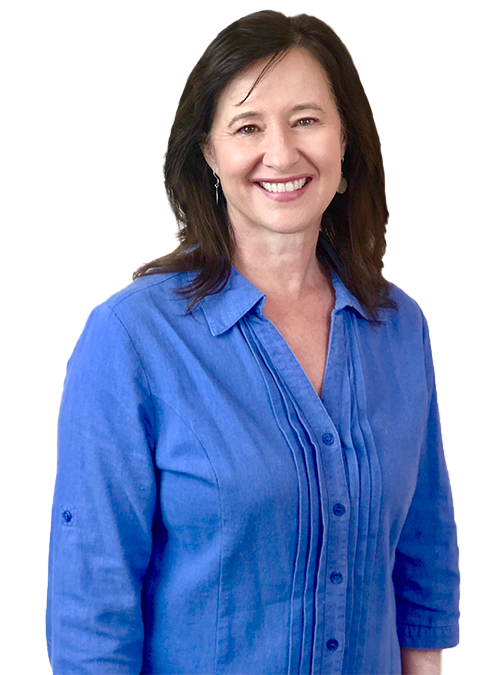
Liz Dunoon is a teacher and a mother to 3 children all with dyslexia. She is the author of 4 books including ‘Helping Children With Dyslexia’, the creator of the Speech to Spelling Code (STOS) and the video based on line tutoring program ‘The Ten Minute Tutor’(TTMT).
Liz has spent the last 15 years researching and studying dyslexia and Specific Learning Difficulties. She supports individuals, parents and teachers. She networks with dyslexia researchers, specialists and educators from around the world, researching new information and material and presenting it in such a way so parents, teachers and dyslexia specialist can utilise this See More…
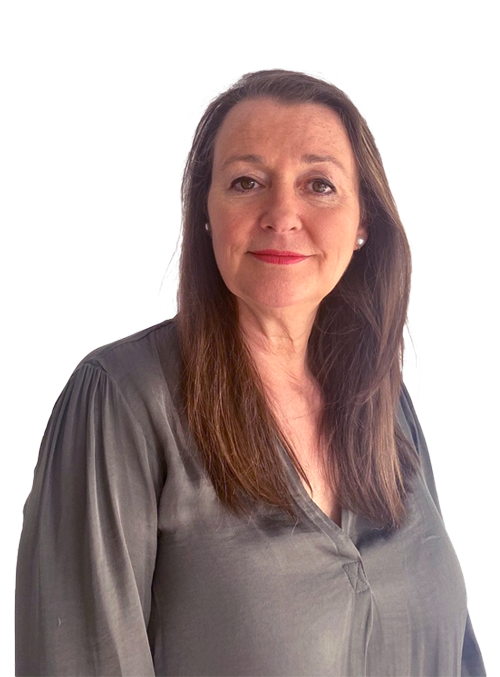
Jillian Zocher is Specific Learning Difficulties Specialist for students across the age range. She completed a Postgraduate Diploma in Specific Learning Difficulties in conjunction with the Helen Arkell Dyslexia Centre (UK) and The Oxford and Cambridge Royal Society of Arts in 2002, after years of having taught at dyslexia friendly schools overseas. Jillian has helped hundreds of teachers with their Professional Development needs, and thousands of students, not only with literacy and numeracy, but also with study skills, technology skills, strengths profiling, career counselling, anxiety and well-being. She is known amongst her colleagues as an ‘educational therapist’. Jillian offers professional development for educators, support for parents, one on one support See More…
- This course will contribute 4.5 hours of NSW Education Standards Authority and Teacher Quality Institute PD addressing 6.2.2 from the Australian Professional Standards for Teachers towards maintaining Proficient Teacher Accreditation with the NSW and Canberra Governments.
- This course will contribute 4.5 hours of PD with the Texas Education Agency, Michigan SCECH and the Los Angeles Unified State Department.
- These 4.5 hours of PD can be logged as ‘Self-Identified Accredited Professional Development’ if you are from outside any of the above education authorities.
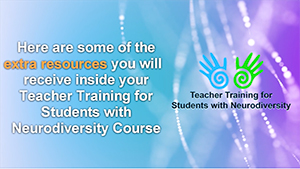
This course includes
- 8+ video sessions
- 3 months access
- Course materials
- Weekly inspirational resources
- Weekly updates on Neuordiversity/SpLD’s
- Professional Accredited Certificate
Click below to check out the pricing.
Have a Question?
Best experienced with...

